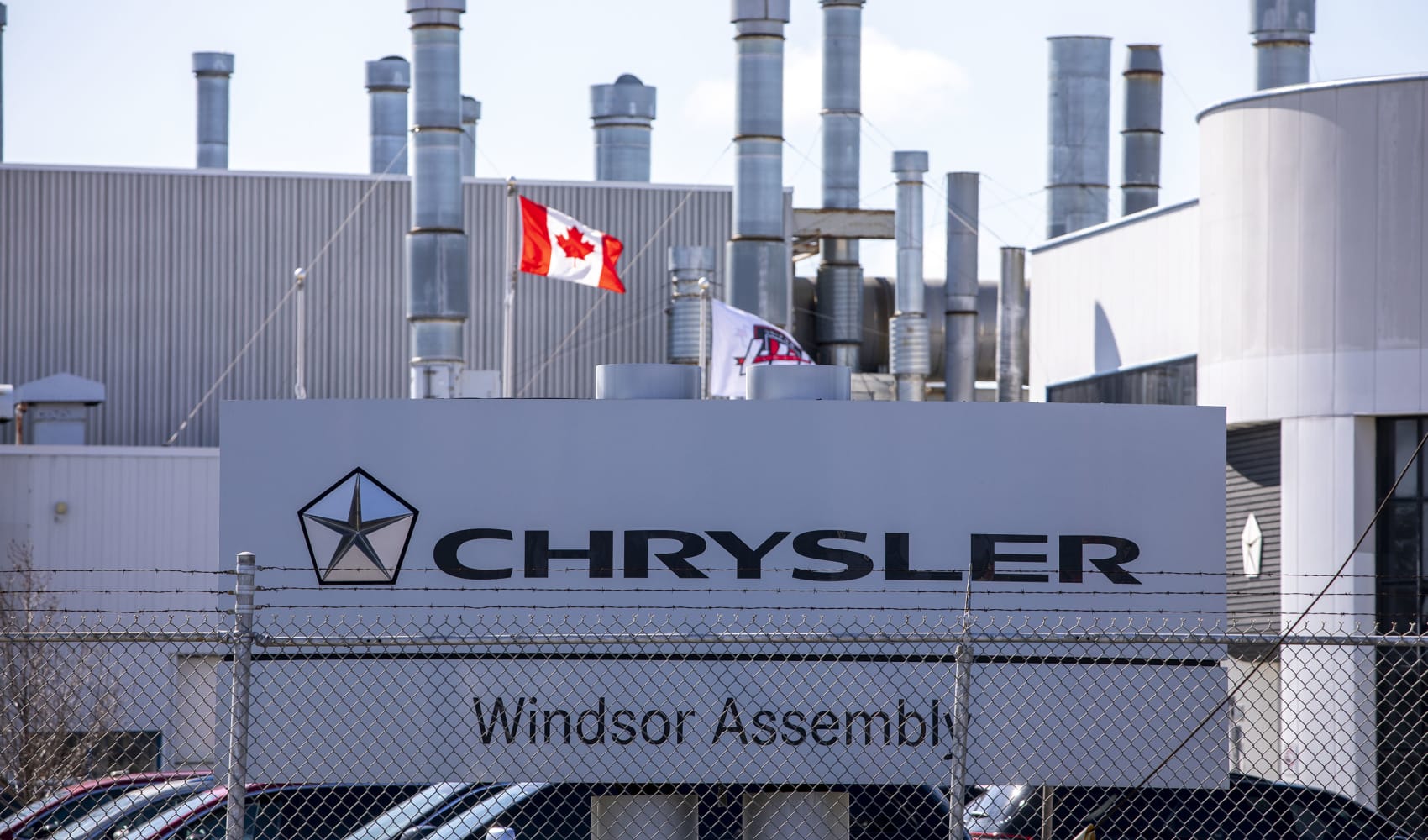
A Waymo rider-only robotaxi is seen during a test ride in San Francisco on Dec. 9, 2022.
- Alphabet-owned Waymo says it will begin testing its robotaxis in Tokyo, Japan in early 2025.
- The move marks the company's first step toward international expansion.
- Waymo has not yet committed to starting commercial operations in Japan but has locked in development partnerships there with taxi operator Nihon Kotsu and taxi-hailing app GO.
Alphabet-owned Waymo announced Monday that it will start testing its autonomous vehicles in Tokyo in early 2025, the company's first step toward international expansion.
Waymo hasn't committed to start commercial service in Tokyo yet, but the robotaxi developer will partner with Japan's largest taxi operator, Nihon Kotsu, and taxi app GO to start testing its Jaguar I-PACE vehicles in Tokyo's streets.
To start, Nihon Kotsu drivers will manually operate the Waymo vehicles to map key areas of the Japanese capital, including Minato, Shinjuku, Shibuya, Chiyoda, Chūō, Shinagawa, and Kōtō.
Get top local stories in Philly delivered to you every morning. Sign up for NBC Philadelphia's News Headlines newsletter.
Data from the manned test drives will help train the company's AI systems. Waymo will also test its robotaxis on a closed course in the U.S. built to mimic driving conditions in Japan.
This is the first phase of the partnerships, which will last several quarters, Waymo told CNBC, adding that it expects to remain in Japan for an extended period.
"Our upcoming road trip to Tokyo gives us the chance to work alongside local partners, government officials, and community groups to understand the new landscape," Waymo said in a statement. "We'll learn how Waymo can serve Tokyo's residents and become a beneficial part of the city's transportation ecosystem."
Money Report
Nihon Kotsu will oversee the management and servicing of Waymo's vehicles in Japan, the companies said.
Waymo announced a series of expansions across the U.S. in 2024. Earlier this month, the company announced new testing in Miami in 2025, it made its driverless ride hail service available across Los Angeles in November, and in September, it announced planned expansions into Austin and Atlanta in partnership with Uber.
The move into Japan marks the company's first in a left-hand traffic market.
Both the Japanese national government and Tokyo Metropolitan government see driverless technology as a potential boon to the country's aging population, according to research by the World Economic Forum.
Tokyo has designated certain areas as "test zones" for self-driving cars hoping to hasten the arrival of safe driverless transportation systems there.
Several developers are working on autonomous vehicles in Japan, including local startup Tier IV and ZMP, a robotics company that is testing delivery vehicles and buses in Tokyo. Monet Technologies, which is partly owned by Toyota, announced plans to test a self-driving taxi service in Tokyo's Odaiba district earlier this year.
Waymo's Japan expansion announcement comes a week after General Motors announced it was abandoning its Cruise robotaxi division. Honda, an outside investor in Cruise, told CNBC that it aimed to launch a driverless ride-hail service in Japan in early 2026 but would re-assess those plans and make adjustments if needed.
Prior to GM's retreat from robotaxis, Cruise had been one of Waymo's primary domestic competitors.






